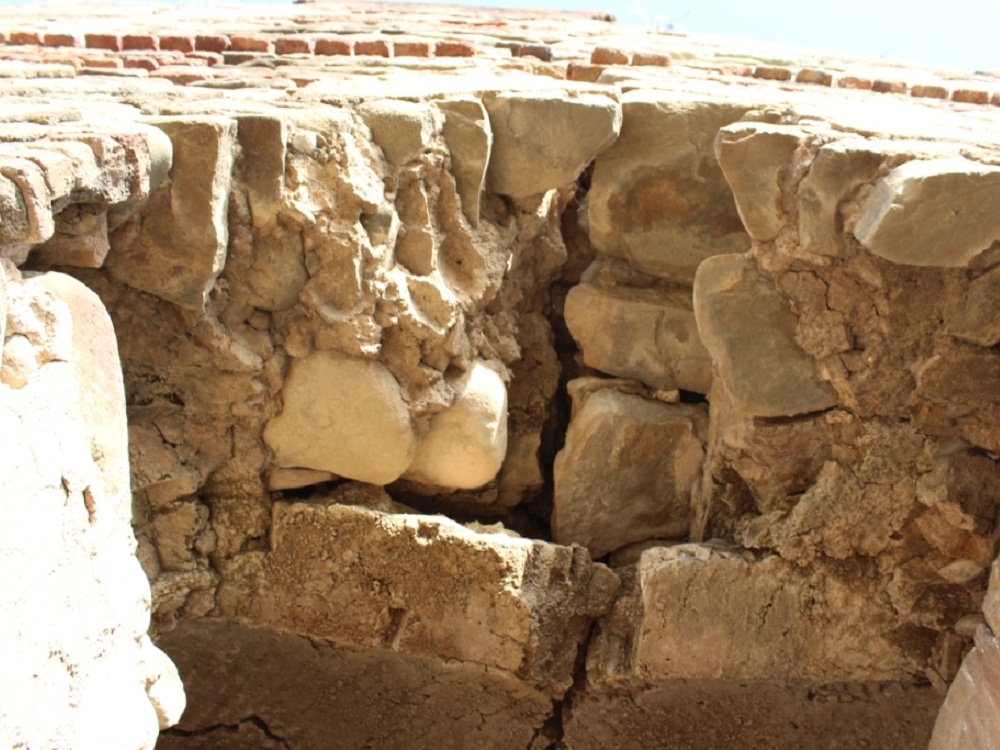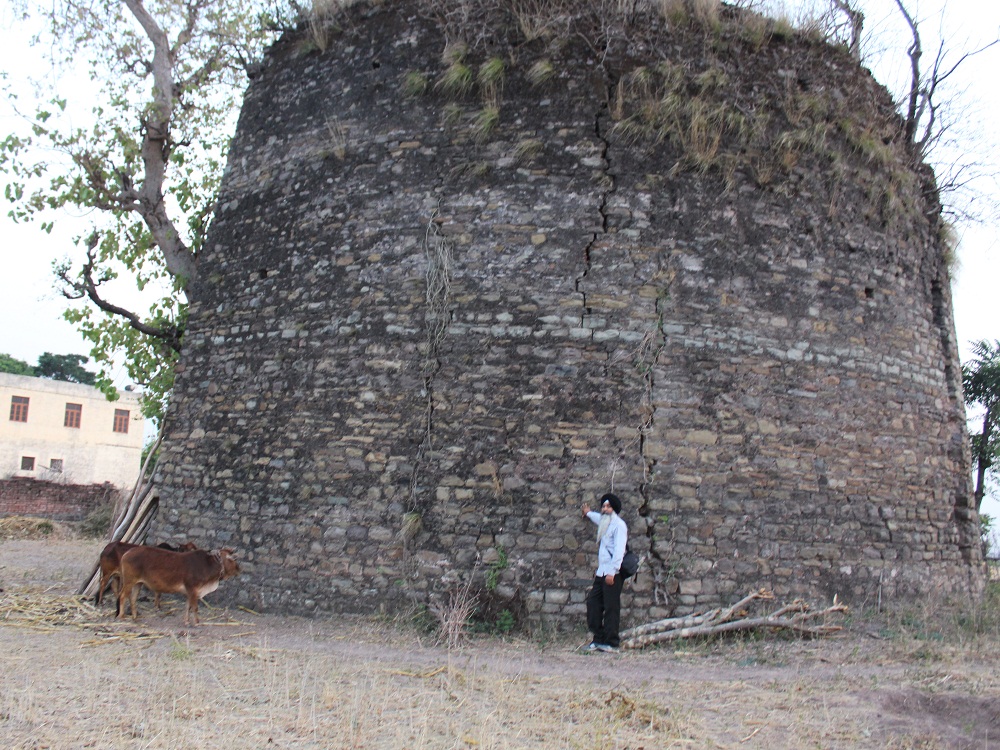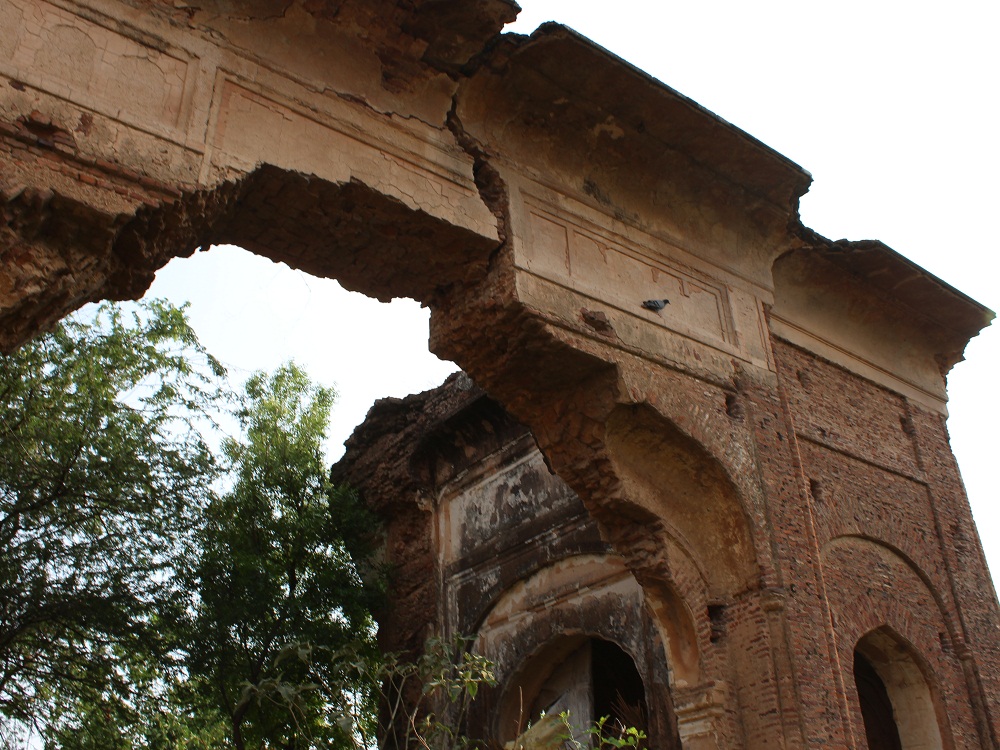Sikh Revolution under Baba Banda Singh Bahadur
The Sikh revolution was against the world’s strongest and richest Mughal empire of its time having the most powerful army of the globe and on the other hand the French revolution was against a small monarchy . The concept of Social , Political And Economic Equality established by Baba Banda Singh Bahadur first time in the world history . The ideology of Right to Equality ( social, political and economic ) was executed in such a fashion by Baba Banda Singh Bahadur (1709-1716) , that it became world’s largest revolution for the humanity , much larger and earlier than, the French revolution (1789). By the end of 17 century the Mughal army was the world’s largest and strongest army. The following figures give an idea of the size of the Mughal army. In 1707 the imperial army consisted of a total of 400,000 stipendiary cavalrymen: 8000 mounted mansabdars, about 285,000 cavalry maintained by the princes, the great nobles (amirs) and other mansabdars and 7000 imperial household cavalry (ahadis) and matchlock-bearers directly employed by the emperor and stationed at the court: 40,000 artillery and 40,000 infantry. In addition about 4.7 million retainers including 3,00,000 horsemen were employed by zamindars. The Mughal nobility was multi-ethnic. Athar Ali identifies the major groups. Turanis (central Asian), Iranis (Persian), Afghans, Shaikhzadas (Indian Muslims, consisting of a number of sub-groups), and the Rajputs, etc.
Moreover the agenda of Sikh revolution was much more superior than French resolution. To established economy equality , in 1710 he issued imperial orders for abolishing the much exploitative Zamindari system and conferred proprietary rights upon the cultivators of soil. Socially speaking, it was quite a revolution.
The first orders issued by the Banda as a master was to abolish feudal system/Jagirdari system, and to abolish ownership of the lands to its tillers. This drastic change in the system brought out first time in the world history. He abolished the Zamindari System of land prevailing under the Mughals and declared the actual cultivators as the owners of land. Thus he established the peasant proprietorship, and won approbation and support of the overwhelming majority of the population and tiller were made owner of the land and in future tiller shall pay no revenue to State. Khafi Khan says that Banda “issued orders to imperial officers and agents and big Jagirdars to submit and give up their business.”.
Social and political equality was established and implemented by Baba Banda Singh Bahadur. Sikhism does not endorse caste based distinctions in society that lead to unequal opportunities for some people. In fact Sikhism completely rejects class or race based distinctions between humans that leads us to make an inequitable society. Such distinctions have surfaced only due to ill interests of certain section of people who on the pretext of making a society more manageable through these classifications eventually paved the way to an unequal grouping within the human race. In all the parganas occupied by the Sikhs, “says lrvine, “the reversal of the previous customs was striking and complete. A low scavenger or leather dresser, the lowest of the low of Indian estimation had only to leave home and joined to Banda Singh Bahadur, In a short time he would return to his birth-place as its ruler with his order of appointment in his land. As soon as he set foot within his native land special escort lead him to his home. The men who received him on his way to his home as escort stood before him with joined palms, awaiting his orders to be implemented not a even a single soul dared to disobey an order, so Mughal men who had faced them in battle-fields, became so cowed down that they were afraid even to remonstrate.
Revolutionary movement of Right to Equality, was started by the saints of Bhagati Movement (Bhagat Ravi Dass ji, Bhagat Kabir ji, Baba Farid, Bhagat Namdev ji etc) and all the 10 Guru’s. This right to equality movement was executed in such a fashion by Baba Banda Singh Bahadur that it became world’s largest revolution even larger and earlier than the French Revolution. It is very unfortunate that these facts has never been highlighted in Indian and World history.
In Sikh rule of Baba Banda Singh Bahadur this war became the first War of Independence not only from the foreign rule but also from indiscrimination of caste system prevailing in Indian society. The basic cause of disunity and disintegration in India purely the outcome of caste system. Most of the other rulers who fought against the Mughals, failed, due to lack of co-ordination in Indian society because of caste system. Baba Banda Singh Bahadur united Indian society by recruiting all people especially form all caste who were poor and down-trodden. As a result of which the strongest empire of the world of seventeen century was uprooted by general public.
When this relatively lowly places community struggled for a claim to a higher political position, their first targets in cases of violence and conflict, were not only the rulers but also the beneficiaries of the existing power structure. Banda Singh Bahadur laid the foundation of humanitarian rule (Halimi Raj-concept of Guru Nanak) . Banda Singh Bahadur was enemy of cruel ruler, chieftains and landlord who treated general public as slave. By starting currency in the name of Guru Nanak and Guru Gobind, he won successful war of freedom from slavery of Punjab from Mughal rule. He abolished the Zamindari system of land prevailing under the Mughals and declared the land.
Thus he was not only a great warrior but also an able administrator. He dismissed Muslim officers because they had become very cruel and corrupt. In their place, able Hindus, Sikhs appointed who h ad ever become the victims of the tyranny of the Mughals. He had great compassion for the administration and gave them right to equality. This awakened in them a new sense of self-confidence. He was known for his impartial and prompts justice. While dispensing justice he never discriminated between the high and low. He always respected women, even though they belonged to the enemy camp. He had given orders to his soldiers not to tease women and gave them full respect.
Banda Bahadur followed the footsteps of Gurus and gave complete freedom of expression to his subject in his polity though he was born and brought up in Sikh faith. But he did not proclaimed Sikhism as the religion of the state. He did not make any conscious efforts to propagate it. His broad religious outlook was reflected in his according due respect to all religions. He was known for religious tolerance, social harmony, justice and equality. He gave grants irrespective of religion and caste. Banda Singh Bahadur also recruited Muslim soldiers into his army and they enjoyed complete freedom of worship. Some of the Mughal officials viz, Nasir-ud-Din Khan, waqia-nawis of Sarhind. Dindar Khan, a Ruhilla noble etc, felt attracted to Sikhism thus abandoning their faith joined the ranks of Khalsa.
In his administrative jobs there was no discrimination on the basis of caste, creed and religion. Beside the Sikhs, Muslims and Hindus were also given equal opportunities. He allowed men from other religion than their own to rise to commanding positions of authority. So in his state, he gave right of religion and equality to all people without any discrimination. Muhammad Shafi Warid, a contemporary Persian historian remarks. “A Sikh soldier of lowly origin used to take food from the same vessel along with a high ranking Sikh noble.”
In the Khalsa kingdom the ideals and duties of the ruler were to serve the people selflessly. He holds steadfastly to the values of justice, quality, freedom and human dignity through action and deeds. Thus the Sikhs established their rule in the name of Guru Nanak in 18th century in northern India.


















